
Certain types of means of payment now seem indispensable for full participation in socioeconomic activity, yet they’re not necessarily available to everyone.
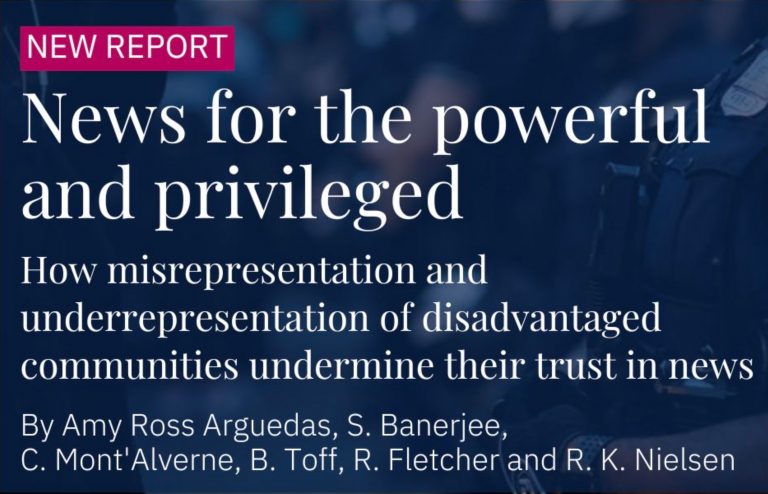
Why do disadvantaged communities distrust the news? And what can newsrooms do about it? These are the questions at the heart of a new report by the Reuters Institute Trust in News Project.

What exactly is “smartness,” and how and why has it come to be not only a desirable goal, but something that must be implemented everywhere?

In this book meet the people who design the algorithms that capture our musical tastes.

This study has collated evidence which on balance indicates a strong case to reform digital advertising. It indicates that the status quo is unsustainable for individuals, publishers and advertisers.
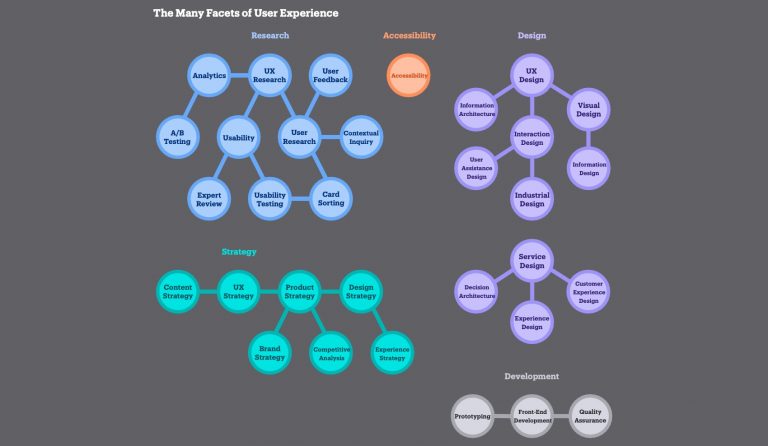
UXMatters devoted two articles to the business value of user experience: one by Irwin Hau (Chromatix, Australia) on why companies reject it, and one by Irfan Rehman (Clickysoft, USA) on the benefits of user experience consulting for businesses.

Today, it is of utmost relevance to study people’s attitudes, motives, and behaviours in relation to the fact that we live in a culture of surveillance. This includes the need for cultural and ethical perspectives to understand and nuance contemporary discussions on surveillance, not least in the highly digitalised context of the Nordic countries.

This UNDP guide provides step-by-step guidance, practical tools, and hands-on experiences on the process of Deep Listening, including systems mapping, rapid ethnographic research, sensemaking and analysis.
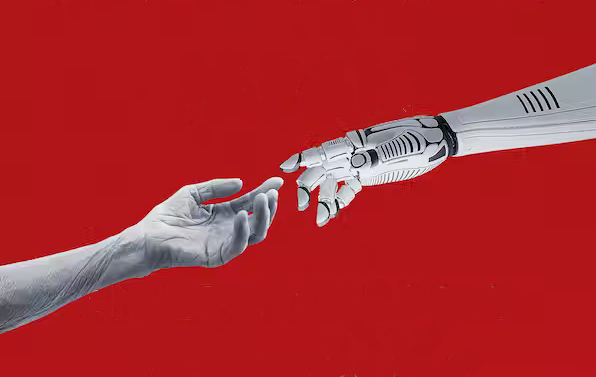
Robots Won't Save Japan addresses the Japanese government's efforts to develop care robots in response to the challenges of an aging population, rising demand for eldercare, and a critical shortage of care workers.
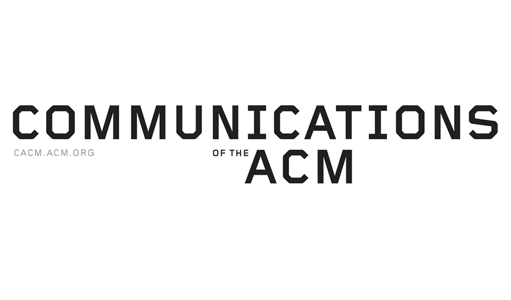
A new area called "human-centered machine learning" (HCML) promises to balance technological possibilities with human needs and values. However, there are no unifying guidelines on what "human-centered" means, nor how HCML research and practice should be conducted.
This article by Stevie Chancellor in Communications of the ACM draws on the interdisciplinary history of human-centered thinking, HCI, AI, and science and technology studies to propose best practices for HCML.

In this white paper (published on 15 February 2023) Demos Helsinki explores how we can rewrite the terms and conditions of our digital futures. Directed at policymakers, practitioners, researchers, industry leaders, and engaged citizens, the paper concludes with four sets of interventions that build a fair, sustainable, and joyful digital society.

Two articles in the last few days took on the world of consulting. Rebecca Ackermann in the MIT Technology Review wrote on how the shine of design thinking has worn off, while Henry Mance interviewed Mariana Mazzucato in the Financial Times on her new book The Big Con, where she lambasts business consultancies for having no expertise in the areas that they’re advising in.

The latest annual research from Ericsson ConsumerLab (January 2023) outlines consumers’ concerns, expectations and personal technology actions related to climate issues in 2030.

This report by the IndustryLab of Ericsson, the Swedish multinational, aims to introduce the ethics of AI and explore how this fast-growing technology needs to align with humans’ moral and ethical principles if it is to be embraced by society at large.
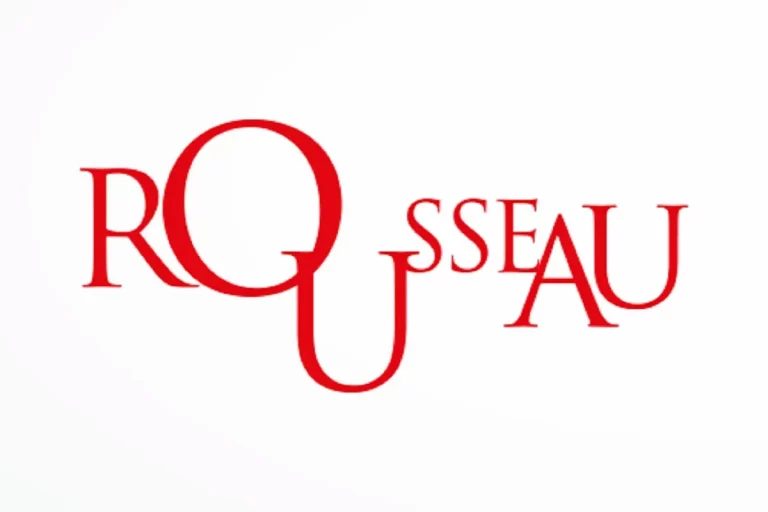
The online voting platform that was used by Italy's Five Star Movement to select the candidates for the 2013 parliamentary elections didn't take account of human decision heuristics and cognitive shortcuts, research shows.
Candidates were more likely to attract votes if they appeared towards the top of the screen and if they appeared more likeable from the self-uploaded picture.

Six reports on behavioural change and energy use: potential impact, obstacles, the role of policy makers, and how to best communicate to citizens.
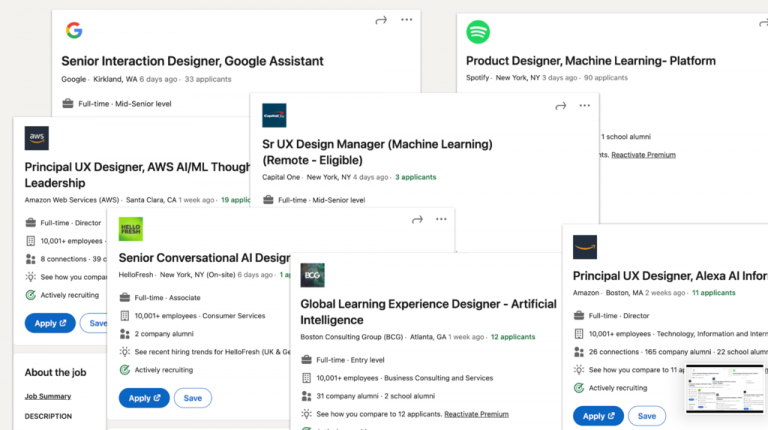
Hal Wuertz, Adam Cutler and Milena Pribic of IBM Design defined a unique set of five skills for “AI Design.”

Cornelius Rachieru describes the current trend of extreme commoditisation of UX design in corporate environments, and the consequences this has on the quality of the design delivery, and on the designers themselves.
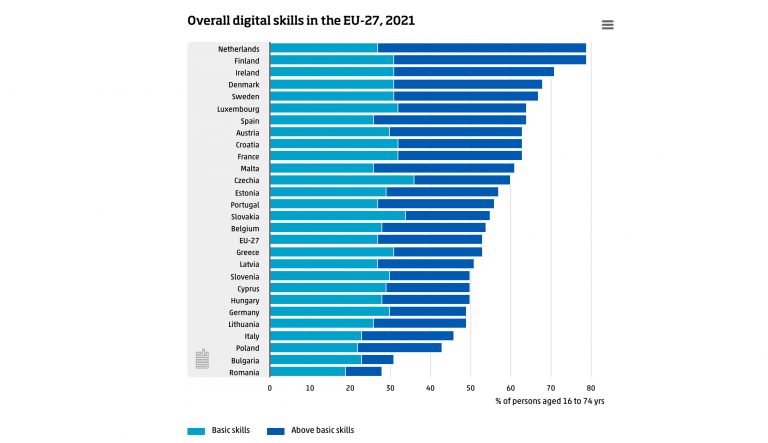
Dutch and European research highlights the struggles of Europeans (incl. the Dutch) in accessing financial services in an increasingly digital society. A new Italian initiative, the Polis Project, seeks to do something about it.
But, besides the fairly low 54 percent EU average, a new study by the Dutch National Bank (reported on yesterday by De Volkskrant, a Dutch daily newspaper) highlights how the Dutch 80% number camouflages the real difficulties many Dutch have with financial services in an increasingly digital society.

Samsung US newsroom published an interview with Federico Casalegno, Executive Vice President of Design and Head of Samsung Design Innovation Center; Mark Benson, Head of Samsung SmartThings U.S.; and Inhee Chung, Vice President of the Corporate Sustainability Center to discuss how Samsung’s philosophy of prioritizing more seamless connected experiences is driving the innovation behind its latest products.




















